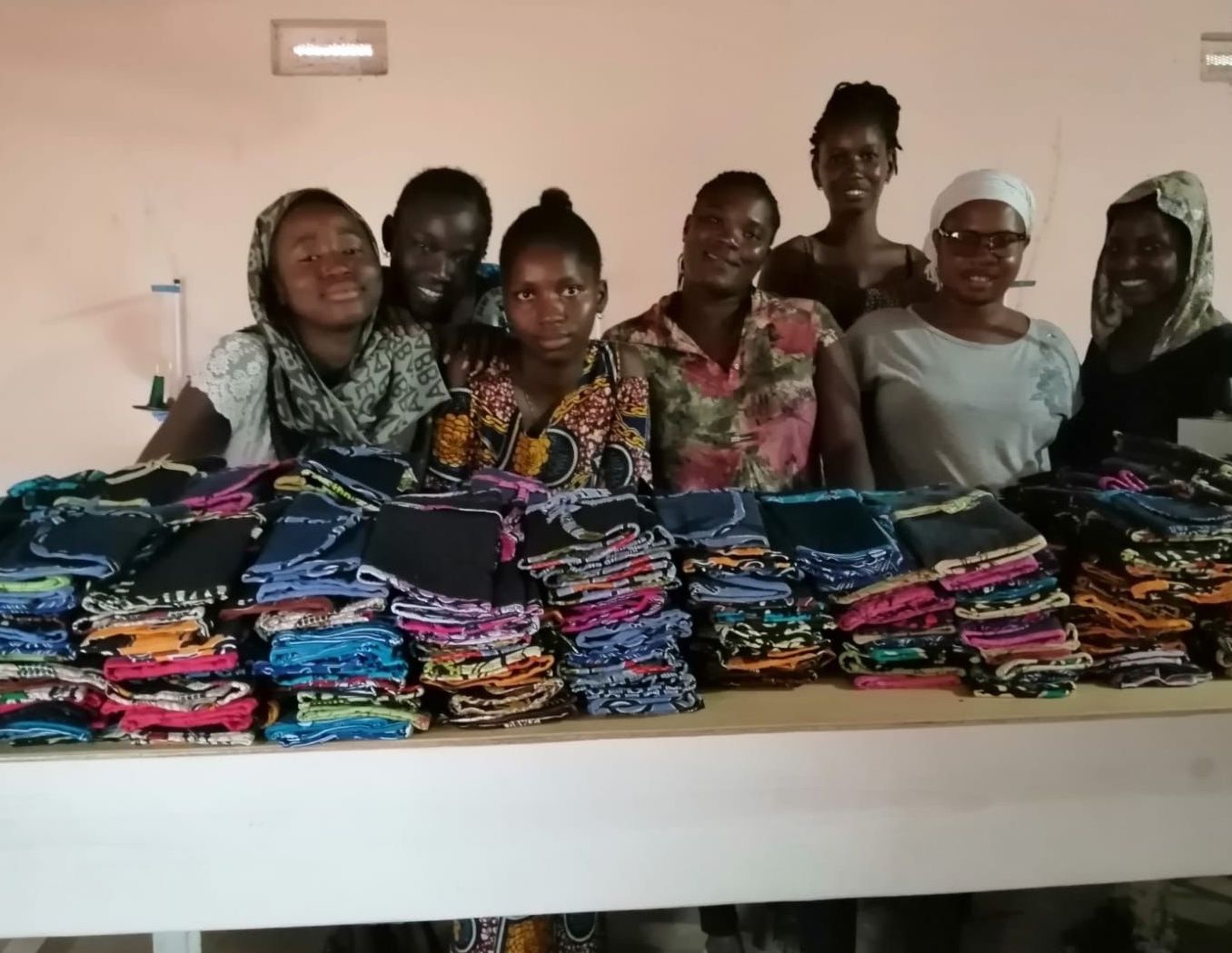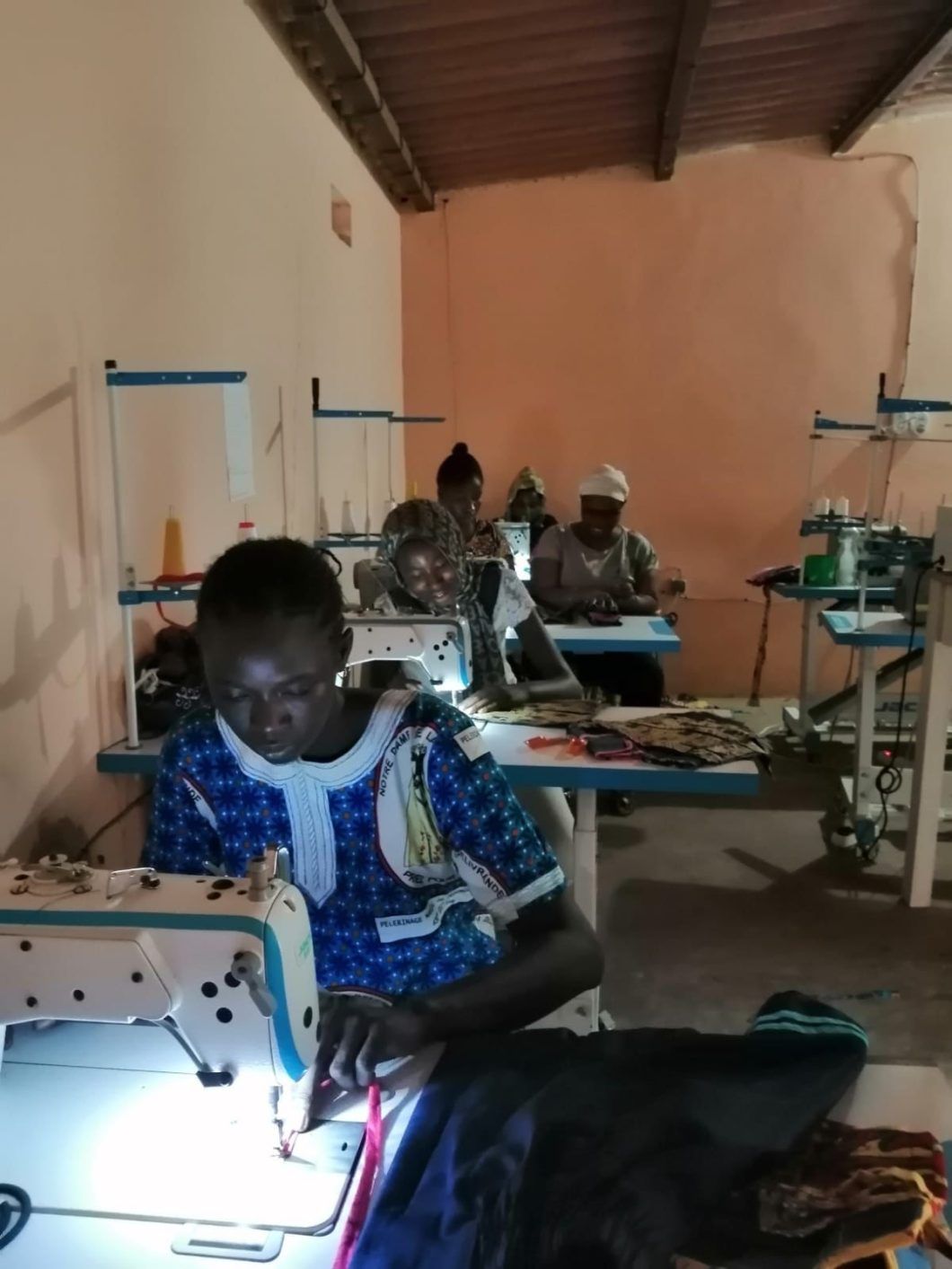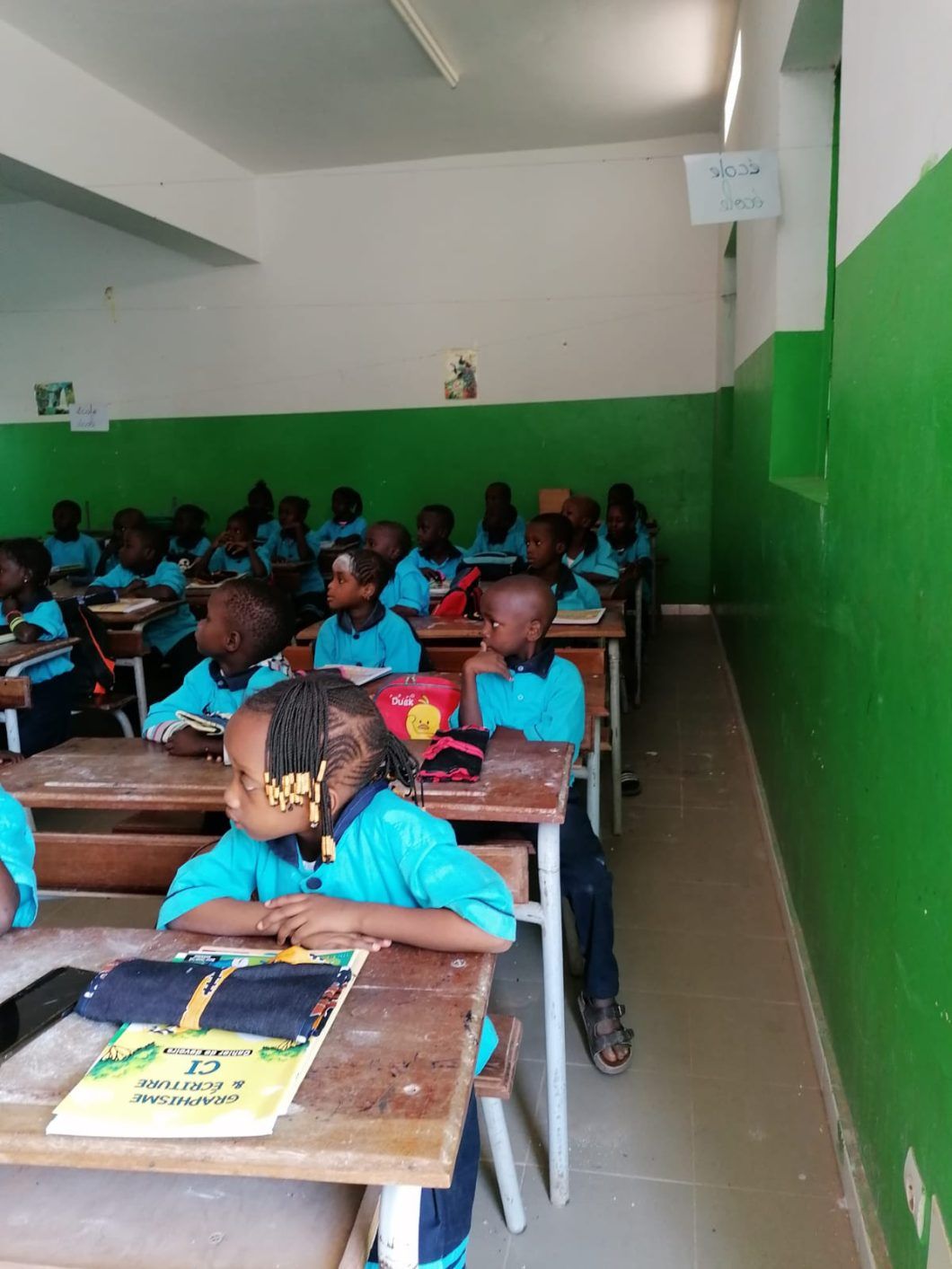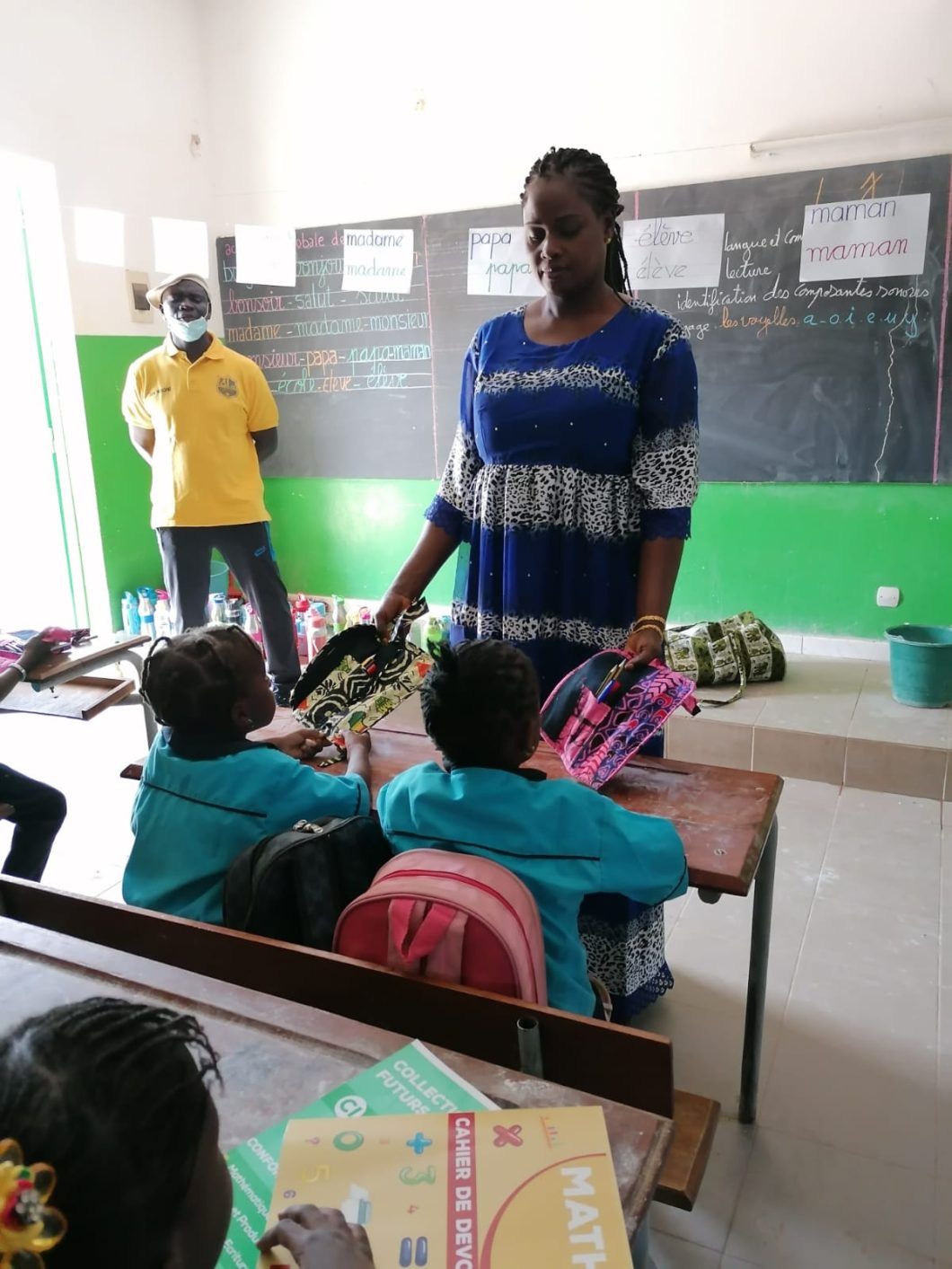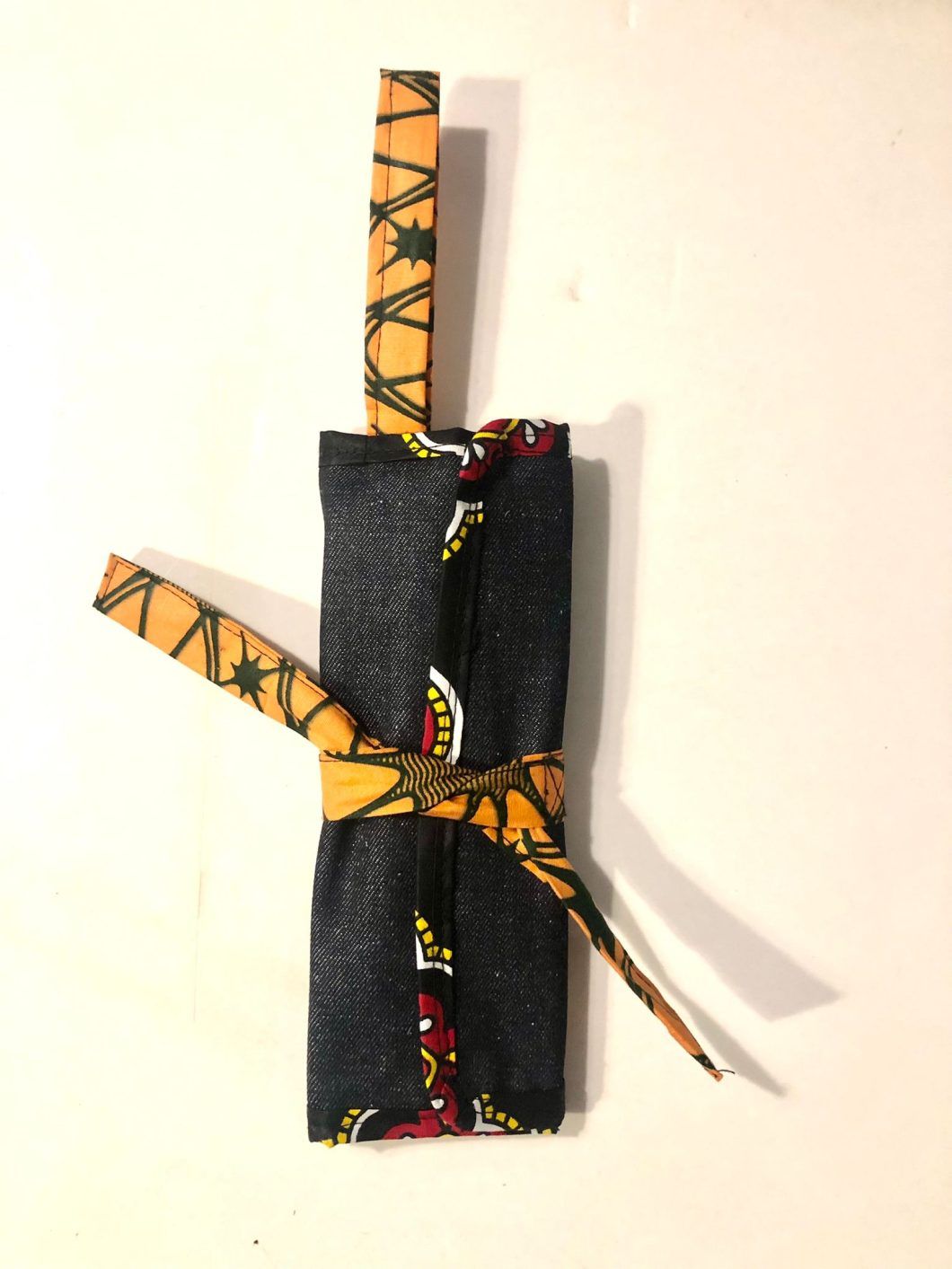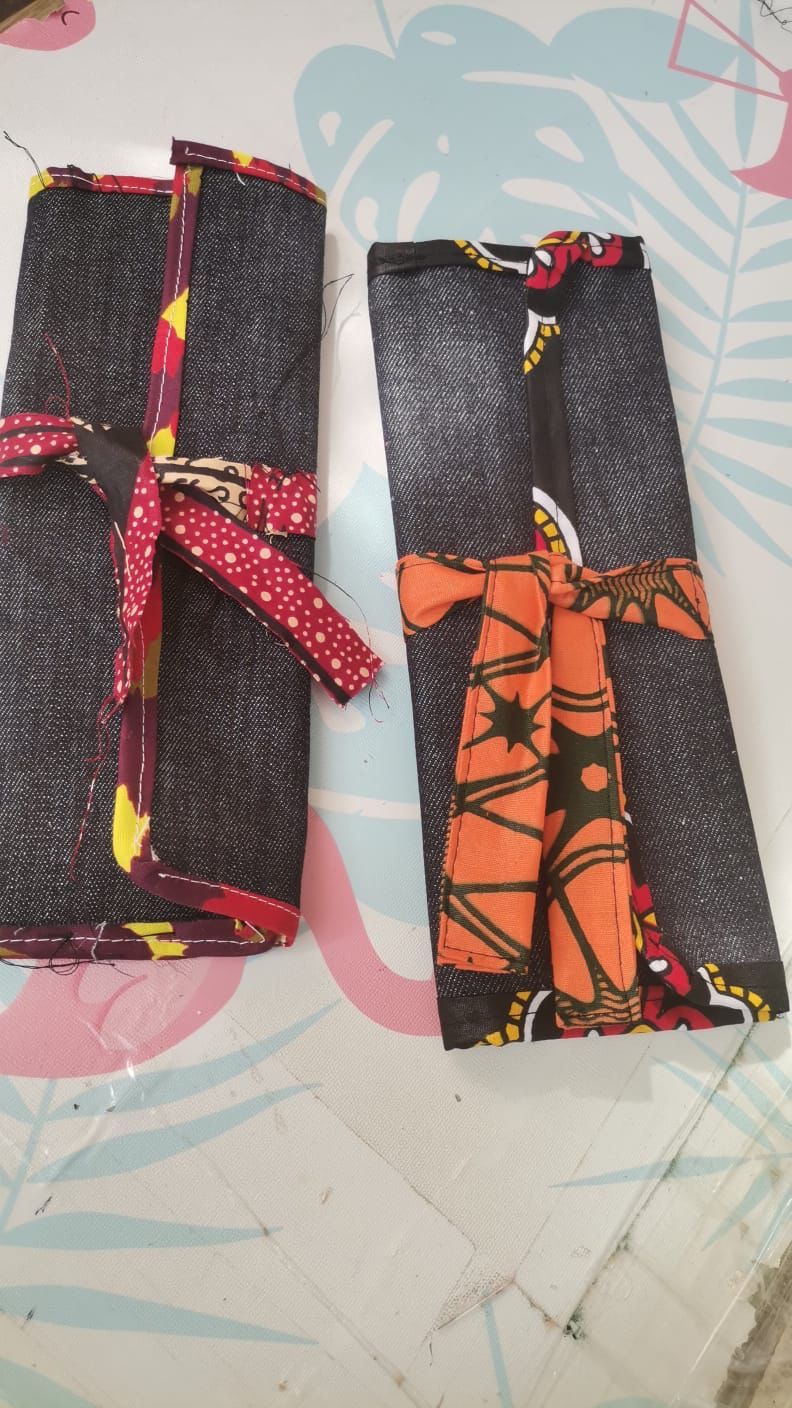CEU UCH Design students collaborate with the NGO Formación Senegal creating a collection of sustainable objects, in the course taught by Professor Manolo Bañó, for their manufacture by women at risk of exclusion
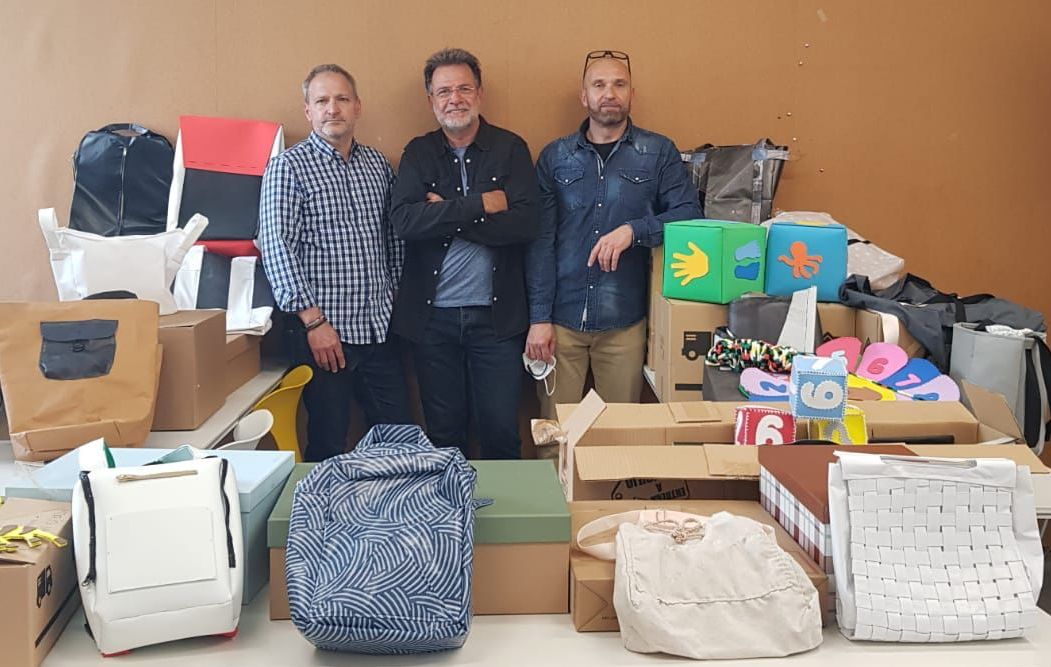
Pencil cases, backpacks, handbags, toys… The CEU UCH students of Industrial Design Engineering and Product Development have turned their creativity into a collection of objects made from recyclable materials for their production and distribution in Senegal by women at risk of exclusion. Thanks to the collaboration of the NGO Formación Senegal, the manufacture of these products, made from the reused materials such as plastic tarpaulin and textiles that have been disregarded or already used, will provide a livelihood for hundreds of families in the Thiès region, in Senegal. In addition, some of the products are distributed free of charge to schoolchildren in the region.
The creative process of the students of the CEU School of Design, who have have taken into account both the materials and the means of production available in the area, has been managed by Professor Manolo Bañó, industrial designer and professor at CEU UCH, who has been managing the social design project Free Design Bank of this University for 20 years. As noted by Bañó, ‘despite the difficulties posed by the pandemic to carry out the project, the students of the CEU School of Design have made a great effort to present to the NGO Formación Senegal a collection of functional designs, in accordance with Senegalese culture and made with recyclable materials donated by companies such as Jeanología to this NGO. With its production in Senegal, the students contribute, through the design of these products, to promote the circular economy and decent work in very vulnerable environments.’
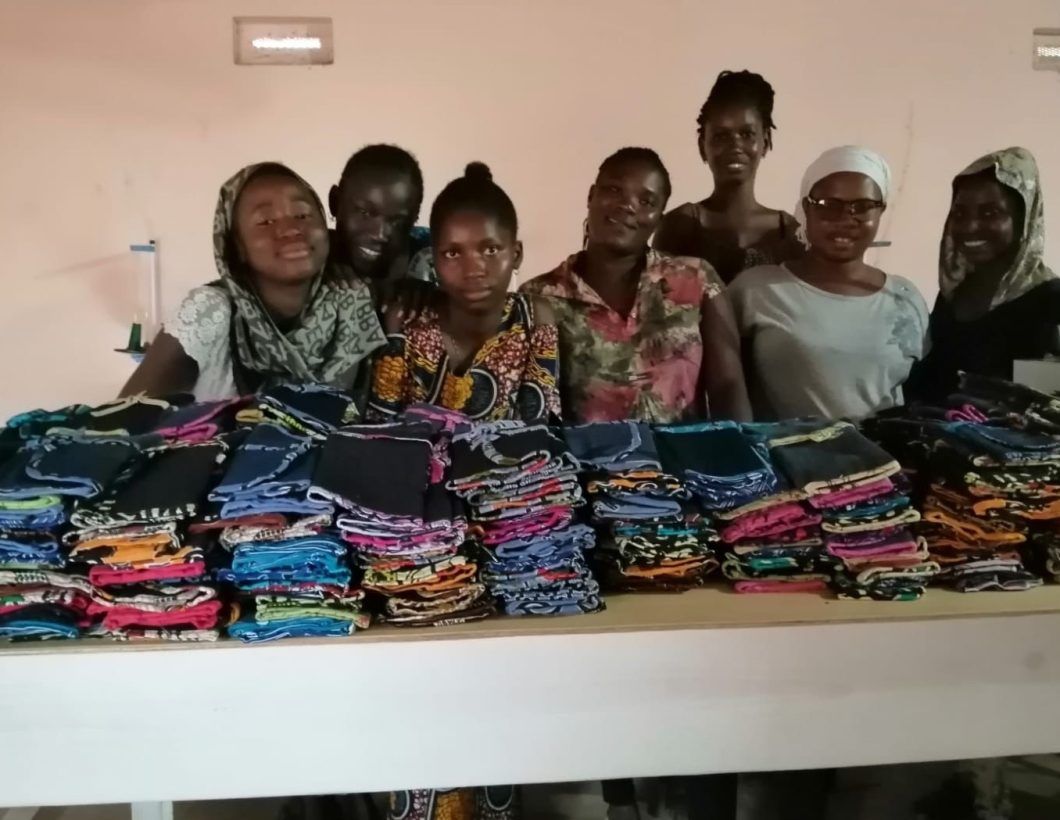
From the first pencil case to the complete collection
As a result of the agreement with the NGO Formación Senegal, the CEU UCH students of Industrial Design Engineering and Product Development began in April to propose different objects from recycled material, considering whether they were suitable for their production and use in Senegal. A few weeks later, once the first designs had been selected, women at risk of social exclusion from Thiès received a decent salary by sewing the school pencil case made with reams of denim and African wax, as designed by the student Federico Pallardó. The Senegal Training coordinator in Thiès, Anna de Ancos, was in charge of the distribution of the pencil cases, which included school supplies, in various Senegalese schools.
After the delivery of this first product, the complete collection of bags, backpacks, cases and toys created by the CEU UCH students is already beginning to be produced by the women of the Senegal Training workshops in Thiès. In its line of Extraordinary Projects, Formación Senegal generates jobs for groups of vulnerable women through its workshops, three of which are located in Senegal. The fourth workshop, which has been recently created, is located in Valencia, following an agreement signed with the Benetússer Town Council.
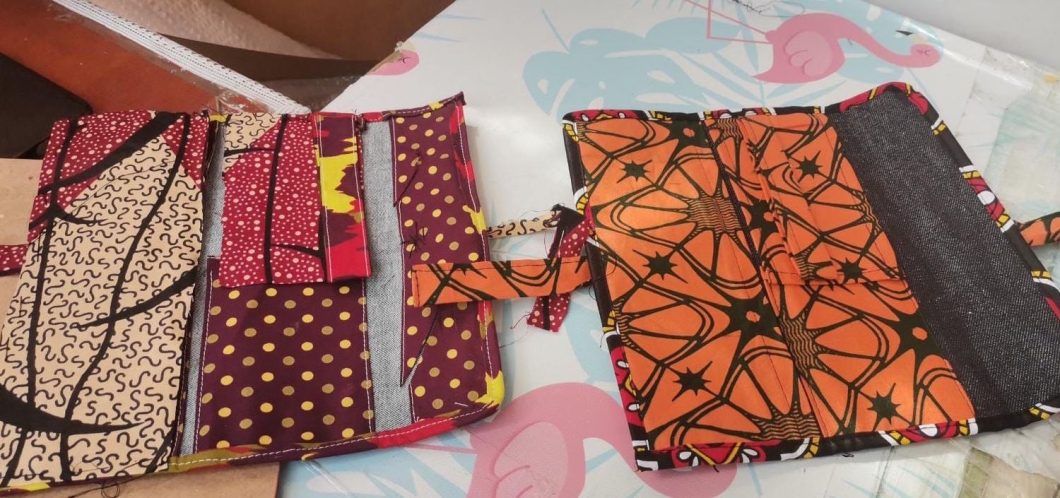
20 years of solidarity and sustainable design
Professor Manolo Bañó, who has led the creative part of this project, is the creator of Free Design Bank, a solidarity design initiative that, for two decades, has allowed CEU UCH professionals and students to collaborate through design with artisan producers from disadvantaged regions, to provide them with a decent livelihood. Over the past 20 years, he creative capacity of CEU UCH students in the design of competitive products, manufactured with materials and means of production adapted to the producing countries, has made it possible to support groups of artisans in dire need in countries such as Peru, India, the Philippines, Sri Lanka, Ecuador, Colombia, Tanzania, Cuba, Mali, Kenya and, more recently, Sierra Leone and Senegal.


